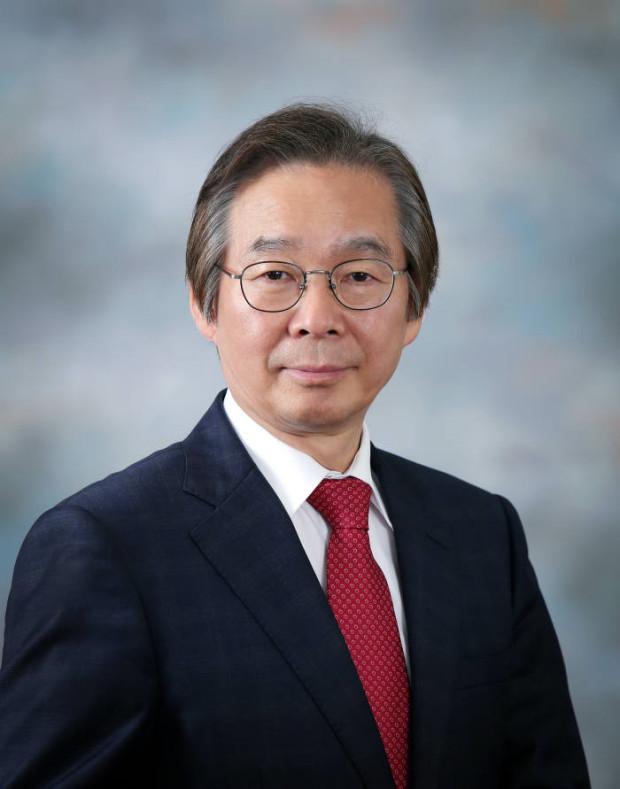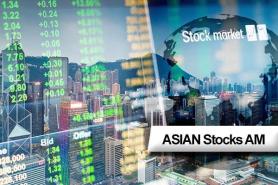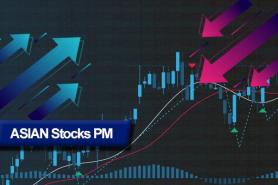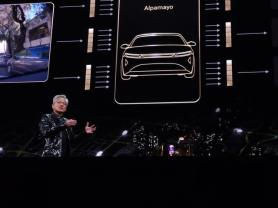
Kwak Jae-won, Aju Business Daily editorial writer
The pattern points to a deeper shift in modern capitalism: economic gravity is clustering around a small set of companies and assets rather than diffusing across sectors and national markets. Nvidia has become more than a semiconductor manufacturer; its GPUs power the AI boom and help set the tempo for data-center expansion, autonomous driving systems and cybersecurity tools.
On Wall Street, analysts increasingly treat Nvidia as a barometer for the broader AI economy. Its valuation embodies the hopes — and sometimes the hype — around machine learning. This dynamic reflects the idea of “narrative economics,” popularized by Nobel laureate Robert Shiller, which holds that market stories often move prices as much as fundamentals do.
Bitcoin, too, has evolved into a kind of real-time sentiment gauge for global finance. Despite its turbulence, it reacts instantly to geopolitical tensions and regulatory announcements, and in doing so has become a central reference point for risk appetite.
The growing concentration of market influence in a handful of assets is not accidental. The structure of the digital economy favors early winners, and Nvidia has established itself as the essential supplier of AI hardware. The rise of passive ETFs intensifies this concentration by channeling ever-larger sums into the most successful names.
Narrative-driven investing strengthens the trend. Nvidia has become shorthand for the AI story; Bitcoin represents a new monetary frontier. Both benefit from what economists call “platform lock-in,” where technologies become so widely adopted that rivals struggle to compete.
The concentration creates clear vulnerabilities. Yet it also reveals a new economic architecture taking shape. The United States treats Nvidia’s ecosystem as a national security asset. Japan is leveraging global superstar stocks to revive its capital markets. South Korea, which is scrambling to secure GPU supplies, is still building governance frameworks to cope with market concentration risks.
For mid-sized economies, the danger lies in sliding into technological dependence. South Korea will need to accelerate development of AI chips and data-center infrastructure if it wants to remain competitive. The gravitational pull of Nvidia and Bitcoin is not a market anomaly but a preview of the coming economic order.
In this environment, strategic planning matters more than speed. South Korea will require an integrated national strategy — linking AI development, industrial policy and financial markets — to adapt to the next phase of global competition.
The countries that thrive will be those that can shape, rather than simply react to, the new concentration of economic power.
About the author
-Former Deputy Editor of JoongAng Ilbo, Tokyo Correspondent
-Former Visiting Professor at Seoul National University College of Engineering
-Former Chair Professor of Technology Management at Hanyang University
-Former Director of Gyeonggi Science and Technology Promotion Agency
* This article, published by Aju Business Daily, was translated by AI and edited by AJP.
Copyright ⓒ Aju Press All rights reserved.




